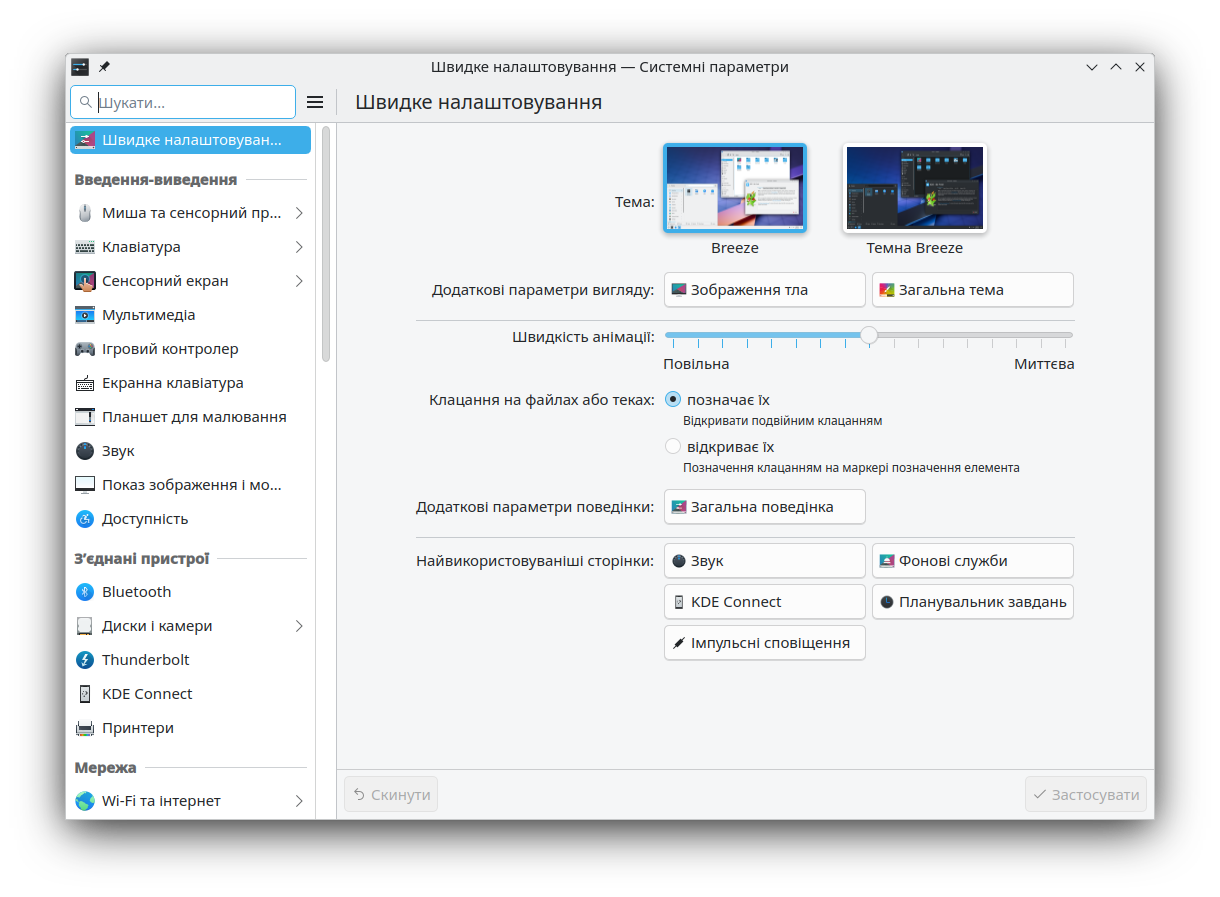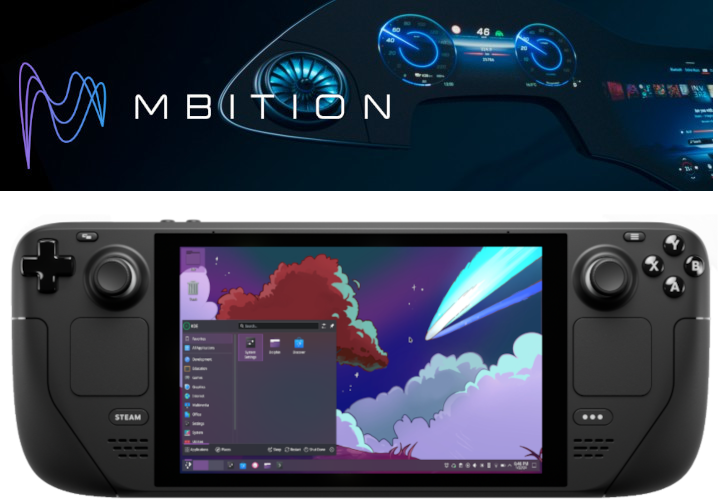KDE For Digital Sovereignty
Regaining Independence from Tech Giants Since 1996
Developed by humans, for humans
KDE is a global community of volunteers who create free and open source software for everyone to use and enjoy. Unlike other software creators, we are a non-profit organization that does not seek to make money, but to make the world a better place. We envision a world where monopolistic corporations and repressive governments don't have so much power over our digital lives. We actually care about privacy and digital well-being, and we fight to protect user rights. KDE e.V., the association behind KDE, is a non-profit based in Germany.

Open Source and Transparency
KDE software is entirely open-source, meaning its code is publicly accessible and can be examined, modified, or redistributed by anyone. This transparency helps users and researchers verify that the software is free of malicious features sometimes found in proprietary software, such as spyware, backdoors, and advertising.
We also host our entire infrastructure ourselves, relying only on open-source software.

Independence from Big Tech Ecosystems
KDE software runs on multiple operating systems (like Linux, BSD, Android, and even Windows), giving users the freedom to choose a platform that aligns with their needs and values. This flexibility is particularly valuable for digital sovereignty, as it enables governments and organizations to avoid being locked into specific operating systems, hardware, or cloud platforms that could lead to dependency on foreign companies. KDE also supports open standards and protocols as much as possible.
By avoiding lock-in with large tech companies, KDE users retain the ability to migrate systems and data as they see fit, which is a key factor in maintaining control over digital assets.
Strong Internationalization and Localization
KDE has extensive language support and can be easily localized for different countries and regions, making it accessible and practical for governments and organizations worldwide. This is particularly relevant for digital sovereignty initiatives in non-English-speaking regions, as it allows them to adopt KDE software adapted to their linguistic and cultural needs.
Janayugom is a Malayalam (a South-Indian language spoken in Kerala) daily newspaper who switched to KDE and Scribus for their support for unicode and Malayalam fonts and stopped relying on old version of Adobe software. Read the full story.
In 2000 the Norwegian Language Council encouraged people to boycott Microsoft and to use KDE instead, as they could contribute translations for both written standards of Norwegian language Bokmål and Nynorsk, which wasn't the case for Windows at that time.

System Settings in Ukrainian
Adoption in Research Institutions
KDE’s software is increasingly being adopted in research institutions and universities around the world. Academic environments benefit from KDE's open-source, customizable, and privacy-focused software, which supports a wide range of educational, research, and administrative activities.
KDE’s highly customizable software allows universities and research institutions to tailor the environment to their specific needs. This allows them to configure desktops for specialized lab setups, adjust privacy settings, and install necessary software packages for different research disciplines.
Adoption in the Public Sector
Large KDE Plasma deployment like Lliurex in Valencia (Spain) and LiMux in Munich (Germany) show the viability of KDE software in public administrations and education.
Kleopatra is another prime example of KDE software adoption in the public sector. Kleopatra is bundled as part of GnuPG VS-Desktop® which is compliant for use with EU and NATO RESTRICTED material and the German VS-NfD. It is used by many companies and administrations in the European Union to securely communicate with others.

Adoption in the Private Sector
MBition designs and implements the infotainment system for future generations of Mercedes-Benz cars. MBition uses KDE's technology and know-how for its products to avoid being reliant on a third party automotive system.
Read more about MBition collaboration with KDE
Valve’s Steam Deck, a handheld gaming console that runs on a custom Linux-based OS (SteamOS), uses KDE Plasma as its desktop environment. KDE Plasma’s lightweight and flexible nature makes it an excellent choice for the Steam Deck.

This technology is available to you
Whether you run a business, a government department, or are an individual in need of a secure, privacy-preserving solution, KDE has something for you.
All of KDE's technology is available as free software to businesses, institutions, and individuals. You can deploy it yourself, purchase devices with KDE software pre-installed, get help from experts, or choose from powerful frameworks for your own development.
There are no licenses, no subscriptions, and no requirements to use KDE services. However, if you find our technology useful, you can support KDE by becoming a patron or donating to our community and help ensure that KDE can continue to provide free, ethical software that everyone can use.